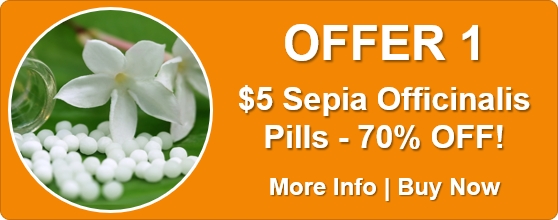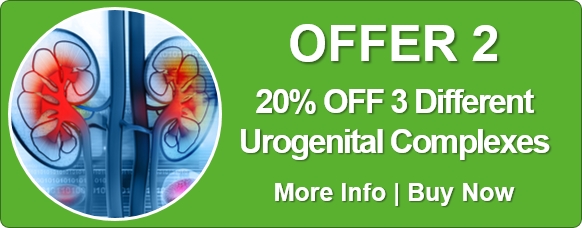
The Organon – Aphorism 251-260
§251 There are some medicines (e.g., ignatia, also bryonia and rhus, and sometimes belladonna) whose power of altering man’s health consists chiefly in alternating actions – a kind of primary-action […]

The Organon – Aphorism 261-270
§ 261 The most appropriate regimen during the employment of medicine in chronic diseases consists in the removal of such obstacles to recovery, and in supplying where necessary the reverse: […]

The Organon – Aphorism 271-280
§ 271 Fifth Edition All other substances adapted for medicinal use – except sulphur, which has of late years been only employed in the form of a highly diluted (X) […]

The Organon – Aphorism 281-290
§ 281 Fifth Edition Every patient is, especially in his diseased point, capable of being influenced in an incredible degree by medicinal agents corresponding by similarity of action; and there […]

The Organon – Aphorism 291-294
§ 291 Fifth Edition Even those organs which have lost their peculiar sense, e.g., a tongue and palate that have lost the faculty of tasting, or a nose that has […]

The Organon
Written by Samuel Hahnemann, the founder of homeopathy, The Organon of Medicine is the cornerstone of homeopathic principles and practice, and used by homeopathy students and practitioners. We provide this […]

The Organon – Aphorism 1-10
§ 1 The physician’s high and only mission is to restore the sick to health, to cure, as it is termed.1 1 His mission is not, however, to construct so-called […]

The Organon – Aphorism 31-40
§ 31 The inimical forces, partly psychical, partly physical, to which our terrestrial existence is exposed, which are termed morbific noxious agents, do not possess the power of morbidly deranging […]

The Organon – Aphorism 161-170
§ 161 Sixth Edition When I here limit the so-called homoeopathic aggravation, or rather the primary action of the homoeopathic medicine that seems to increase somewhat the symptoms of the […]






